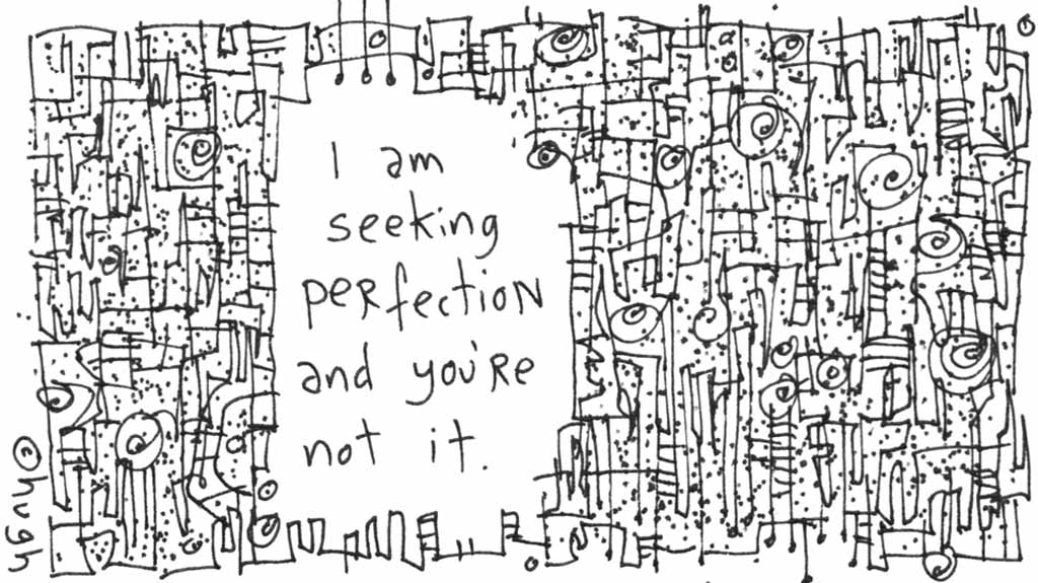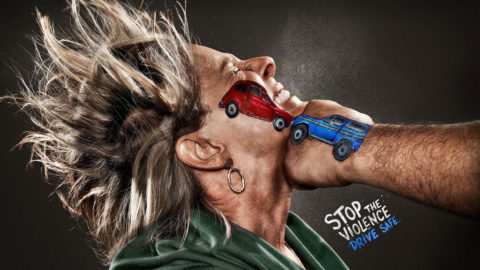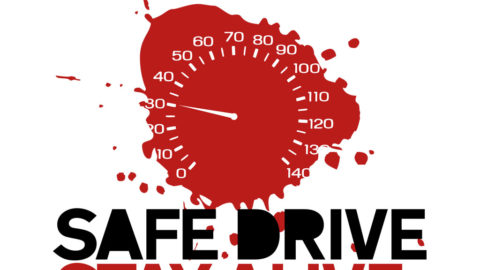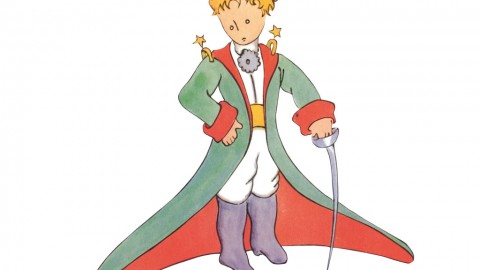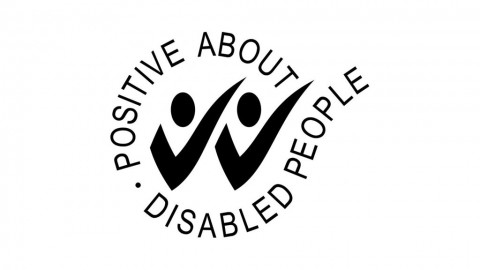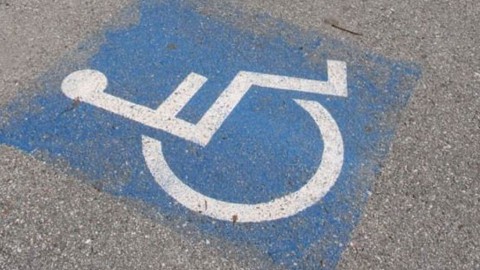A person’s need for acceptance is perhaps one of the most powerful ones and is linked to the equally strong need to belong: to a group, a community, a society; with shared values and characteristics. Even any potential desire to stand out is usually defined in relation to the so-called “like-minded”.
With this specific need as a corner-stone, people often spend a lot of time and thought trying to avoid what their circle considers “wrong”. Yet, in a society that becomes more and more intricate, a certain danger is fatally lurking: the danger of constantly hunting a moving (ergo unattainable) target, the absolute perfection in every aspect of life.
Perfectionism is oft nothing more than the internalization of a desired by others self-image, combined with a myopic, subjectively judgmental, viewpoint on things. Essentially, we are afraid that we will be judged pretty much as we would judge others. In certain cases, perfectionism is also based on a rigid upbringing that pushes the child (and subsequent adult) towards a constant strive to prove that they are worthy of love and acceptance.
But this is like having already decided that we will never achieve our goal. The first characteristic any goal should have is being attainable. There is proof that even a complex, difficult by definition, goal can be achieved with more ease and security if divided to smaller, in-between, more attainable goals. By setting unattainable goals, like simultaneous perfection in all aspects, we are driven with mathematical accuracy to disappointment, to the denial of expectations and to the precipitation of self-confidence.
In turn, this lack of confidence leads to the provisioning of new goals, possibly still unattainable, in a punishing and impatient fashion; and this is more or less how the vicious circle of perfectionism/low self-confidence is sustained.
Is there a way to escape this vicious circle? Good news. Of course there is:
- If we make peace with the idea that it’s all right to not be perfect all the time and allow ourselves small “imperfections”.
- If we stop judging others by our own standards and acknowledge both to them and ourselves the already existing diversity that fatally assigns different potential to anyone in life.
- If we create a hierarchy for our priorities based on their importance, given the fact that time is limited.
- If we set attainable goals and, should we deem it necessary or possible, divisible and measurable.
- If we stop and think that, as an analogy of a just schooling system, we should be given credit not only for the result but also for intention and effort.
Our self-confidence is an extremely essential ingredient for our happiness; let’s not leave it derelict to the whims of a remorseless and (unjustly and pointlessly) adopted perfectionism. Keep calm and allow the imperfect.
current_Panos





